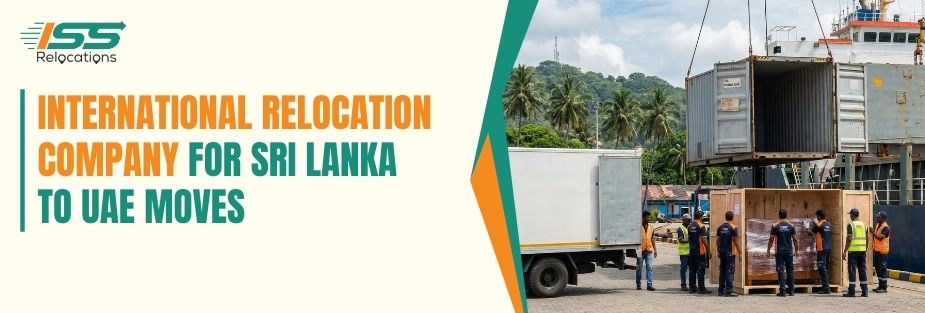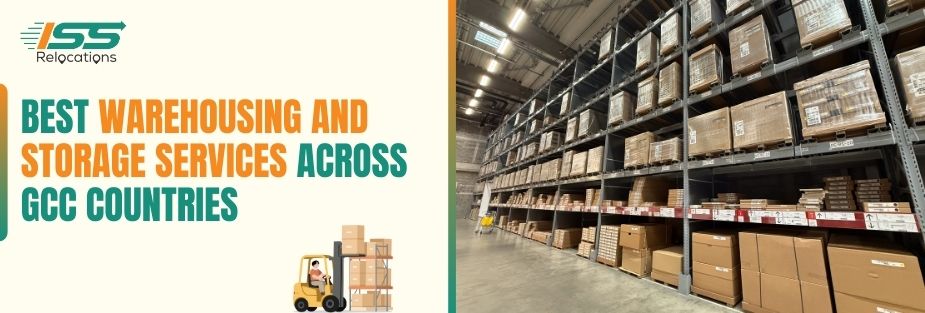
How Companies Are Responding to the Latest Developments in the Shipment of Household Goods
In a recent interview with Michael Hughes, vice president of global business development at Arpin International Group, he talked about how Arpin is continuing to revolutionize how it relocates household goods. The discussion ranged from a street artist in Singapore to a freighter fire in Hong Kong and various other scenarios involving the travel of personal items for employees who are being relocated.
He started by talking about the big-picture trends influencing the moving and shipping industry today. The top outbound destinations are Shanghai, Singapore, and Toronto, while Singapore, the United States West Coast, and London are among the best inbound origins. These trends help us understand where business activities are shifting.
Hughes explained that, while the average person ships fewer goods now than four to five years ago, the value of those shipments- be they sentimental or financial- has increased. Hughes also gave us an in-depth look into Arpin’s method of moving products, which involves new technology and systems to make the experience more efficient and stress-free.
“I believe it’s a great example of where technology can complement rather than take the place of,” Hughes said. “Arpin is always thinking about new technologies as a supplement to its services and not a substitute for them. The goal is that if you have the technological advantage, you may free up the consultant to focus on more important things by letting technology assist with repetitive activities. It allows [the consultant] to be more human in their treatment and rely on automation to handle routine operations instead of humans.”
In order to protect household goods and mitigate risk during a move, Arpin employs many strategies, one of which is insurance. However, communication is key says, Hughes. “We talk with our clients and coach them through the entire moving process so that they know what to expect every step of the way.”
The pandemic has only made matters worse, heightening uncertainty and instability. This makes it very difficult to predict when household goods will arrive since supply chains have been chaotic. However, Hughes noted that Arpin is taking steps to help ease these burdens for their clients.
“We understand the details and specificity of global shipping. Our goal is to communicate this in a way that’s easy to understand for mobility professionals, RMCs, and shippers,” Hughes said. “This is often difficult because we need to take something complicated and make it simple.”
To make complicated shipping modifications more accessible to their clients, Hughes highlighted Arpin’s MoveCENTRAL online portal, which filters and interprets the moving business for each customer. This cutting-edge web solution converts complex shipping data into a user-friendly map interface so that anybody can see exactly where their things are going.
“Anything is feasible; so if we need to create policies or procedures, as well as resources, for an expatriate community, that’s something we can work on, do, and produce. I hope people reach out to us and ask what we can do to provide them with material for their programs and assist their assignee populations.”
Despite the problems caused by overburdened supply chains and uncertainty in the shipping sector, Arpin International Group continues to provide its clients with the tools and knowledge they need to relocate their personal belongings across borders with confidence.
Plan Stress-free Move with Top Moving Company in UAE - ISS Relocations

Moving Company - Recent Blog
Stay informed and prepared for your next move with our latest blogs on moving services in the UAE. From expert packing tips to international relocation guides, ISS Relocations brings you up-to-date insights to make your moving experience smoother, safer, and stress-free.










